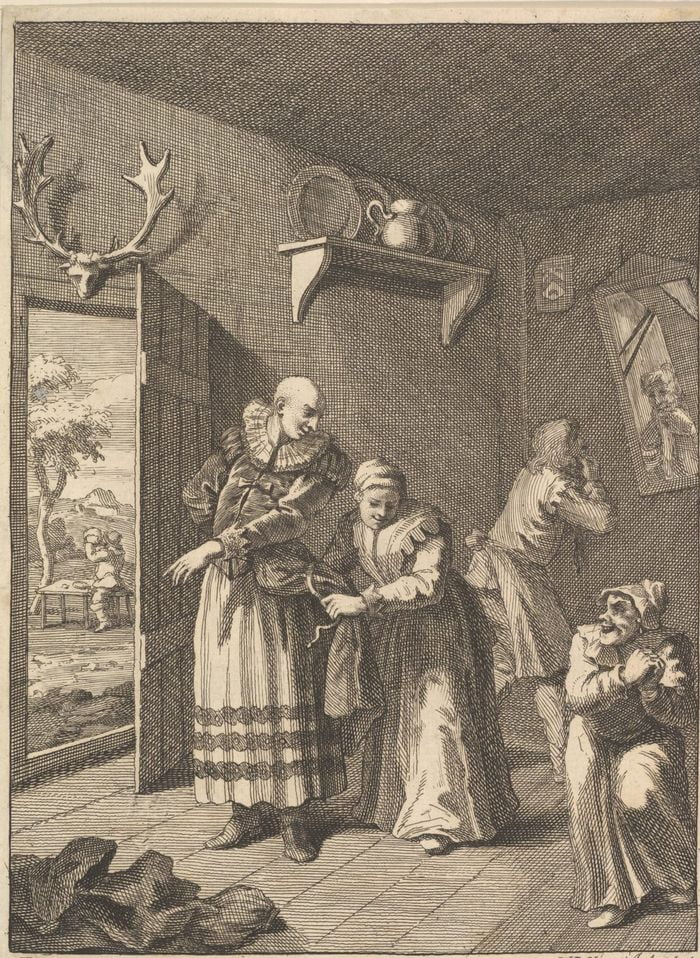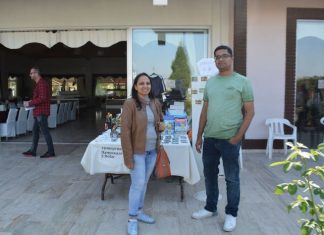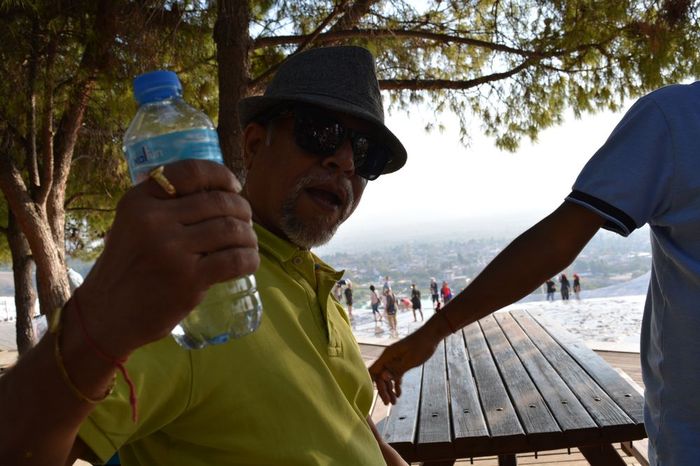The Lay of Hildebrand
Anonymous: Early 9th Century, A.D.
THE fragmentary Lay of Hildebrand is the very earliest surviving specimen of literature in the German language. Beyond the fact that he was an Austrian, nothing is known of the writer. The fragment consists of sixty-nine lines of verse, and relates the greater part of Sh incident which belongs to the much longer Dietrich saga. Fortunately, what we possess of The Lay of Hildebrand is really, so far as it goes, a short story in itself. It bears a striking resemblance to the old story of Sohrab and Rustem.
The present version is reprinted from W. Taylor`s Historic Survey of German Poetry, etc., London, 1830. There is no title in the original.
The lay of hilde brand have heard say that Hildebrand and Amelung agreed to go on a warlike expedition. These kinsmen made ready their horses, prepared their war shirts and girded on their chain hilted swords.
As they rode to the meeting of heroes Hildebrand, Hildebrand`s son (he was one of the wise and questioned in few words), said to his companion: “If thou wilt tell me who was thy father and of what people thou art sprung. I will give thee three garments.”
“I am a child of the Huns,” answered Amelung, “and our old people have told me that my father`s name was Hildebrand. In former times he came from the east, flying the enmity of Ottoasa, and put himself with Theodoric and his blades.
“He left behind in the land a bride in childbed and a child without inheritance; and went to the south with Theodoric, where he stood many brunts.
“He was a man without connections, not a match for Ottoasa; but he was a good soldier, while he strove under Theodoric, acquired domains, was his people`s father, and dear to brave men. I do not believe that he is living.”
“My worthy god Irmin in heaven above,” quoth Hildebrand, “do not let me fight with so near a kinsman.” Then he untwisted golden bracelets from his arm, and imperial rings which his king had given him, saying: “This I give thee not without good will. I am thy father Hildebrand.” Amelung answered: “With willing soul be gifts taken, tit for tat. Thou art not of his age. Craftily thou seekest to deceive me: but I will convict thee out of thy own mouth. Thou art so advanced in years, and thou must be older than he. And shipwrecked men told me that he died by the Wendel Sea in the west.”
Then Hildebrand answered: “I well see thou hast in thy breast no Lord God, and carest nought for his kingdom. Go now, so God be willing,” said Hildebrand; “I would we were parted. Sixty summers have I wandered out of my country, and sometimes I have joined archers but in no borough did ever fasten my legs: and now my nearest kinsman would aim his battleax at my neck, or I must bind his legs.
Yet you may now easily, if your valor is up, win the spoils of the dead from one you should venerate, if you have any sense of right. He would be a base Ostrogoth,” continued Hildebrand, “who should refuse thee battle, seeing thou so greatly desirest it. Good commoners, be judges which it is who flinches in the field, and which it is who ought to have our two coats of mail.”
Then they let them fly their ashen spears with such force that they stuck in the shields. Then they struck together their stone axes, and uplifted hostilely their white shields, till their loins and bellies quivered.
But the lady Utta rushed in between them: “I know,” said she, “the cross of gold which I gave him for his shield; this is my Hildebrand. You, Amelung, sheath your sword; this is your father.”
Then she led both champions into her hall, and gave them meat and wine and many embraces.
Read More about Customized Tour Balkan








